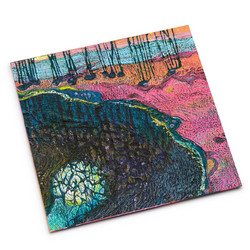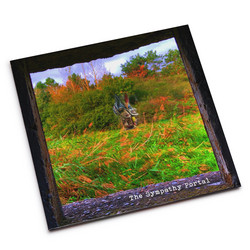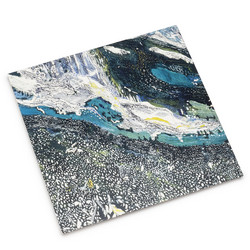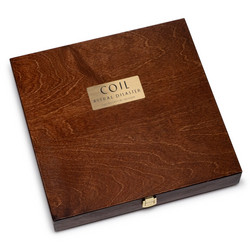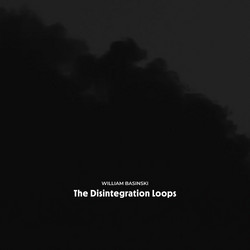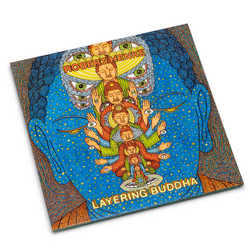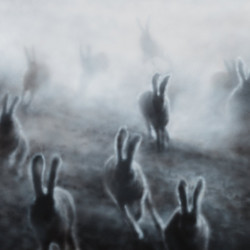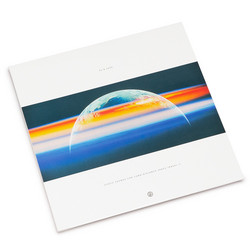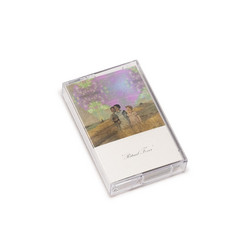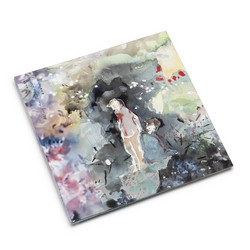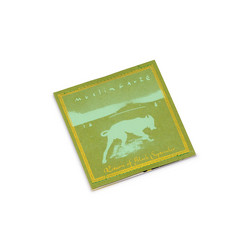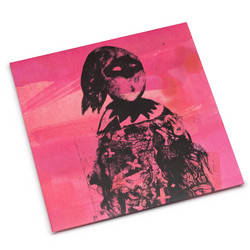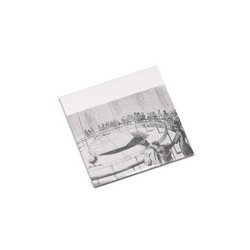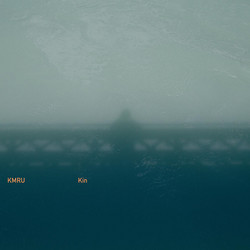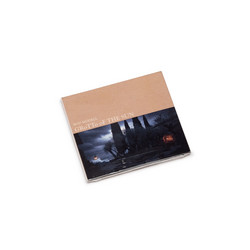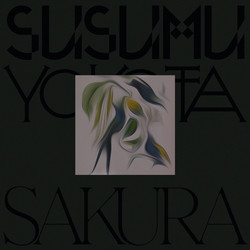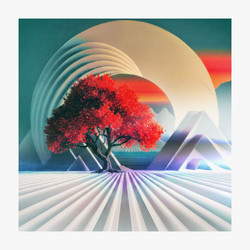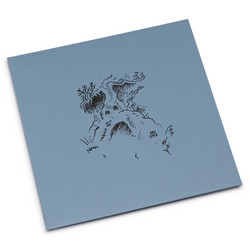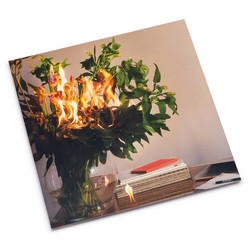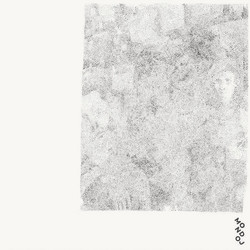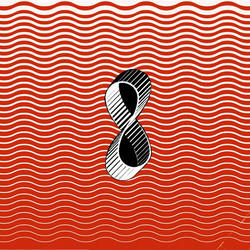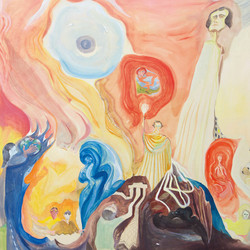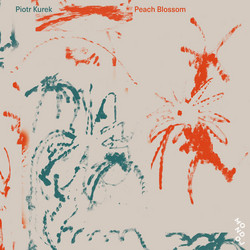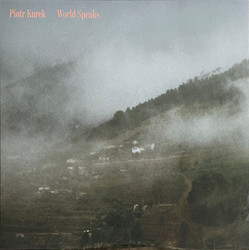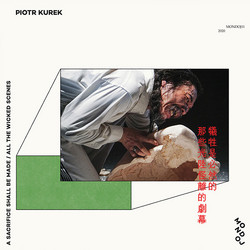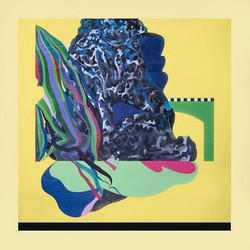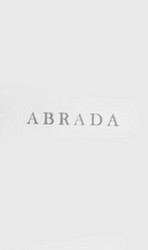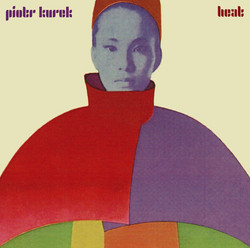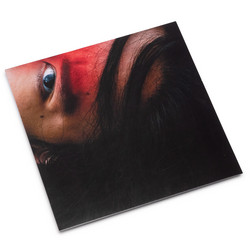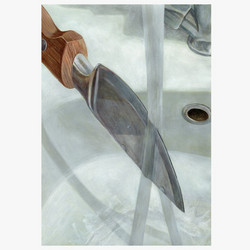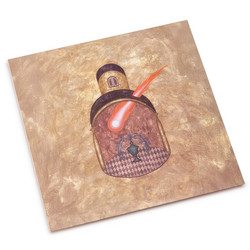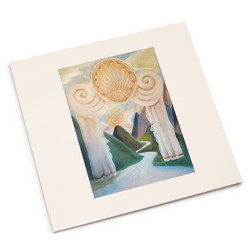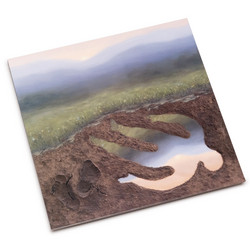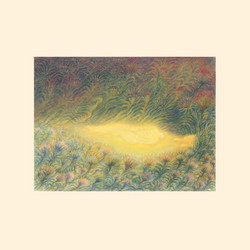Piotr Kurek’s Smartwoods comes on gradually, then all at once. An electric guitar plucks out a tentative phrase; a harp responds with unhurried plucks; metallic taps, like steel pans, add shading. Finally, an acoustic bass draws a thick, smudgy line on the ground, while harmonized woodwinds breathe the rest of the picture into being. The stereo field fills in the way that pavement darkens, drop by drop, in the opening moments of a light rain. But here, instead of mottled asphalt, we’re presented with a sumptuous wash of color, a soft pointillism of rich pastels. Over the next 36 minutes, Kurek and his players extend that approach across seven alluringly splotchy tracks that aspire to the condition of abstract painting.
Kurek’s last album, Peach Blossom—released just this past April—was a very different affair. There, the Warsaw-based composer focused his attention on the disorienting effects of Auto-Tune and an unsteady mix of acoustic and resolutely digital timbres. Smartwoods’ palette, in contrast, is largely acoustic, emphasizing Anna Pašic’s harp, Tomasz Duda’s woodwinds, and Wojtek Traczyk’s double bass. But the longer you spend inside this odd, diaphanous landscape, the more you may come to suspect that its seeming naturalism is an illusion. Listen carefully, and the album is awash in alien squiggles.
Unassuming instrumental timbres occasionally wobble in place as though flicked by a fingertip. A minute into the first track, a pitch-shifted twinge of harp sounds like a cartoon projectile ricocheting off a bouncy castle; later in the same song, a vocoded swoosh shimmers and extinguishes like a hologram. Halfway through the album, there’s a splash of synthesizer that we haven’t heard before and won’t hear again. All of these moments display Kurek’s signature knack for defamiliarizing the conventional—and making the unfamiliar feel like second nature.
Occasionally, what sounds like a human voice murmurs a single, wordless syllable and falls silent again, as though clearing the throat for an utterance that never comes. Like the synthesized glissando that periodically plunges across King Sunny Adé’s Juju Music, these flashes of otherness are fleeting; they feel like tiny, temporary portals to another world.
Smartwoods’ broad, slightly ragtag swatches of color—reminiscent of Richard Diebenkorn, perhaps, or Helen Frankenthaler—are loose in form and ambiguous in mood. Songs can feel playful, even naive; their moderate tempos and hazy palette, frequently carried by flute or clarinet, have a relaxed, bucolic air. Yet these whimsical worlds, like those of fairy tales, are shadowed by a vaguely ominous undercurrent. There are hints of disturbance beneath the placid surface, as the music is tugged ceaselessly between consonance and dissonance. There’s a weird contradiction at play: You may find yourself wondering why, given the music’s sunset hues and dandelion-tuft drift, you feel so unsettled.
It’s not easy to get a foothold in this cotton-candy terrain. Many of the album’s tracks share the same key, and the palette remains uniform throughout. There are few hummable melodies. Kurek’s arrangements frequently sound like he has taken a passage from Talk Talk’s Laughing Stock and twisted the focus ring until there’s nothing visible beyond spongy globs of blown-out bokeh. But that apparent formlessness is also one of Smartwoods’ great achievements. Listening back to recordings of Kurek’s quartet at Krakow’s Unsound festival last fall, where they premiered this material, the live performance often sounds remarkably faithful to the album versions. That’s striking, because it means that what here sounds largely improvised, as incidental as a rock tumbler full of colored pom-poms, may well be carefully composed, mapped out note by note. There is an elusive logic snaking through this strange, elastic record, and trying to tease it out is half the fun..
